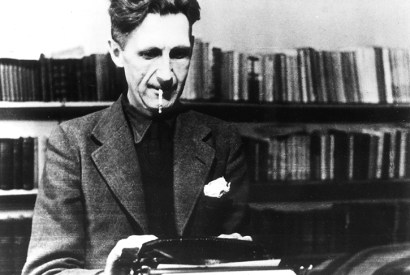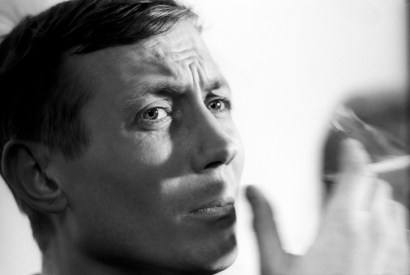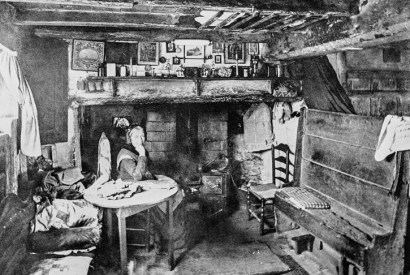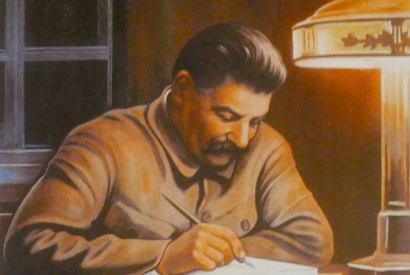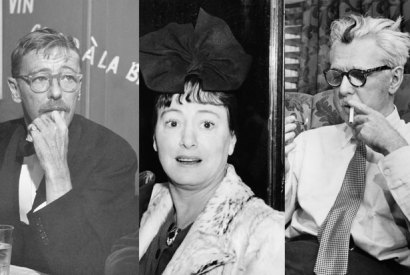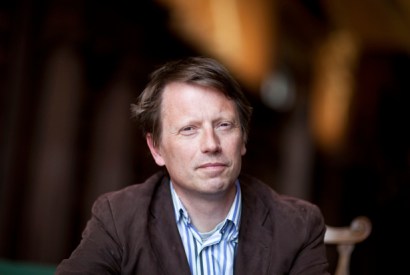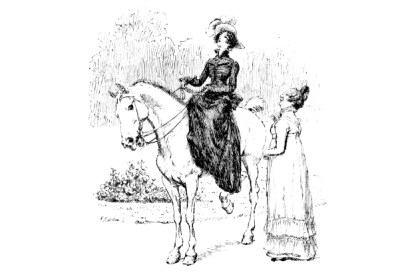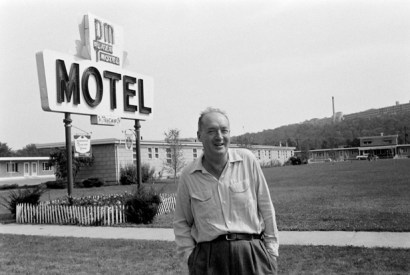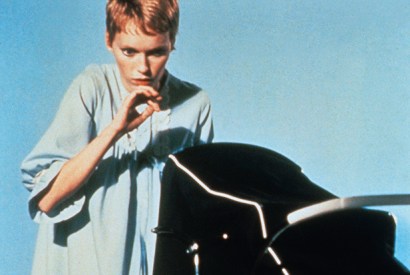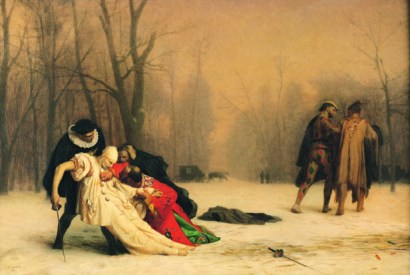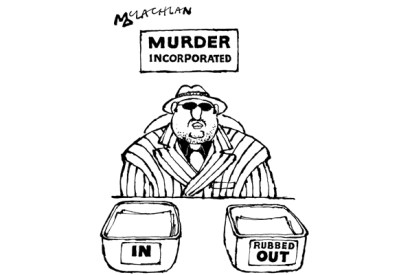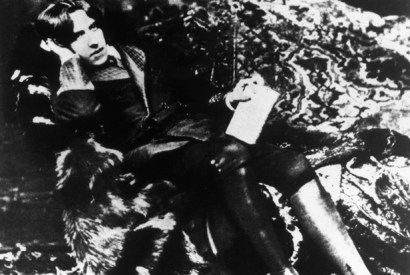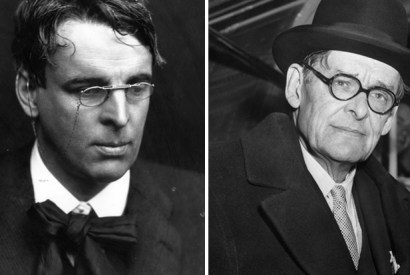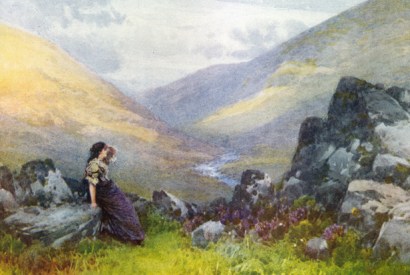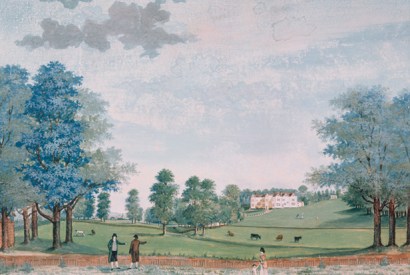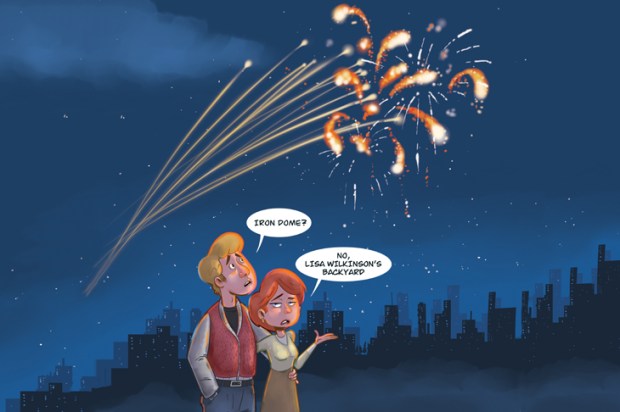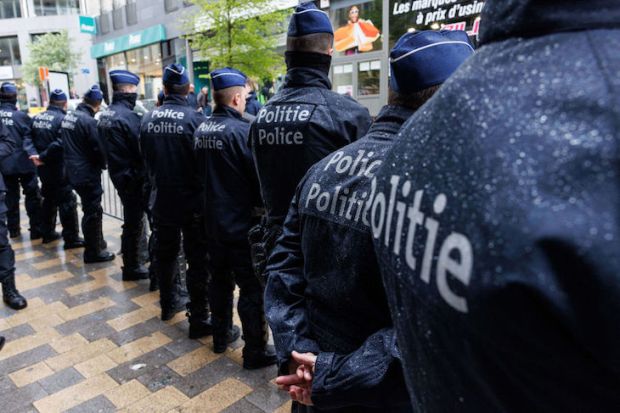Book review – literary history
Novel explosives of the Cold War
One autumn night in 1991, I stood on the rooftop terrace of a tacky villa in Saranda once owned by…
The translator and spy: two sides of the same coin
Translators are like bumblebees. In 1934, the French entomologist August Magnan pronounced the flight of the bumblebee to be aerodynamically…
How do we envisage Shakespeare’s wife?
Despite his having one of the most famous names in the world, we know maddeningly little about William Shakespeare. His…
From Stalin’s poetry to Saddam’s romances: the terrible prose of tyrants
‘Reading makes the world better. It is how humans merge. How minds connect… Reading is love in action.’ Those are…
America’s greatest magazine — at its greatest
The New Yorker has always been revered for the supreme quality of its writing, says Philip Hensher
From dressing-gown drudge to Man Booker winner
John Gross’s The Rise and Fall of the Man of Letters: English Literary Life since 1800, a standard text for…
Rain, shine and the human imagination — from Adam and Eve to David Hockney
‘Pray don’t talk to me about the weather, Mr Worthing,’ pleads Gwendolen in The Importance of Being Earnest. ‘Whenever people…
The road to Lolita: why Nabokov’s literary talent finally blossomed in America
Speak, Memory, Vladimir Nabokov’s nostalgic memoir, reflects on his life from the age of three to 41, taking us from…
The opposite of a self-help book
At last, a snappy pop philosophy book which offers to sort out absolutely none of your personal issues. If anything,…
Crossed swords and pistols at dawn: the duel in literature
Earlier this century I was a guest at a fine dinner, held in a citadel of aristocratic Catholicism, for youngish…
The sad demise of the amateur sleuth: it’s all the fault of better policing
‘The crime novel,’ said Bertolt Brecht, ‘like the world itself, is ruled by the English.’ He was thinking of the…
Oscar Wilde and the marvellous boy
The prodigious brilliance, blaring public ruin, dismal martyrdom and posthumous glory of Oscar Wilde’s reputation are almost too familiar. The…
Sorbet with Rimbaud
The Bloomsbury of the title refers to the place, not the group. The group didn’t have a poet. ‘I would…
A pork-pie and Capri-Sun fuelled hike around England’s moors
‘No, no’ I said, when The Spectator’s literary editor rang up, ‘I’m sure you must be able to find someone…
Brains with green fingers
‘Life is bristling with thorns,’ Voltaire observed in 1769, ‘and I know no other remedy than to cultivate one’s garden.’…

